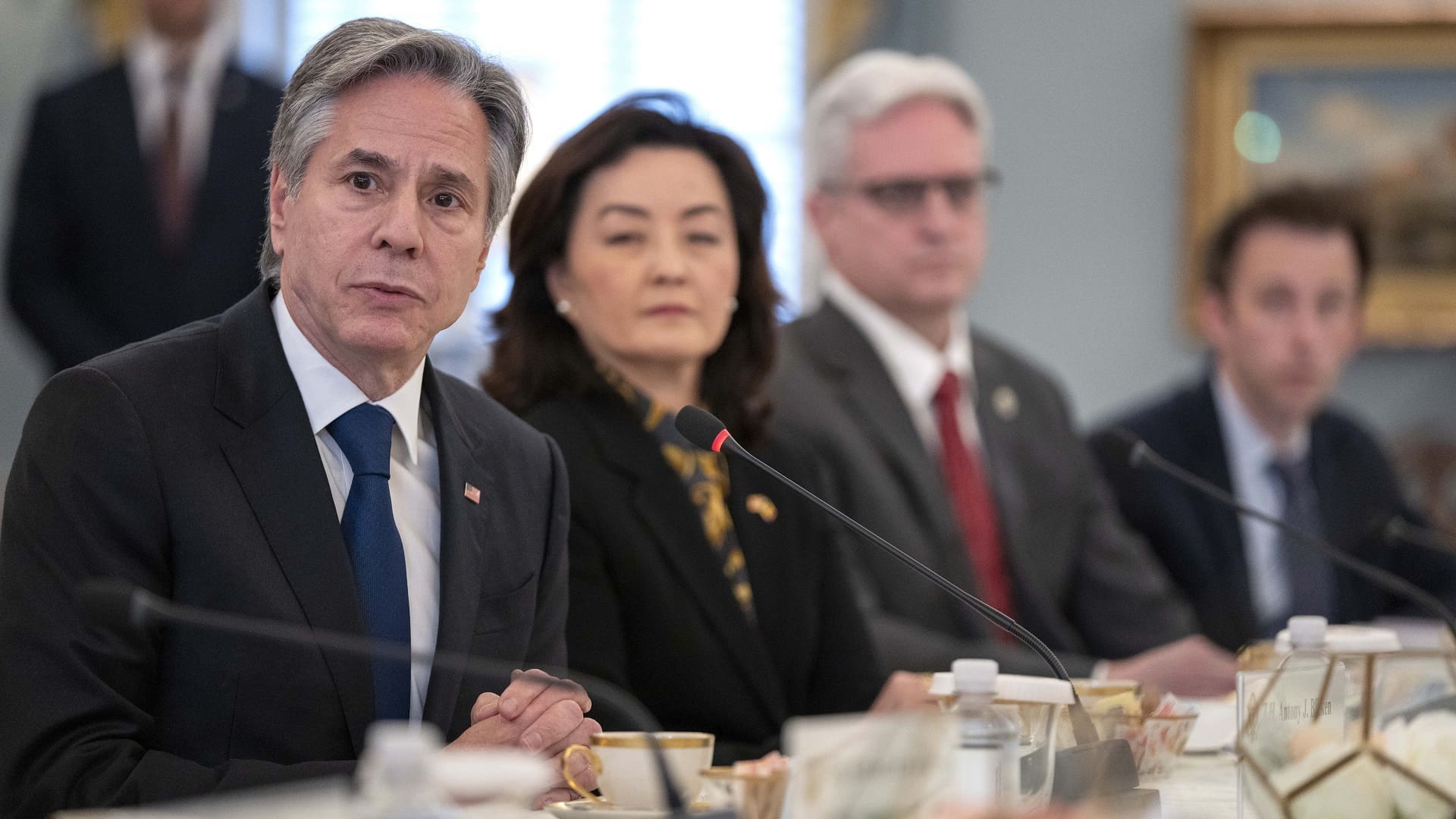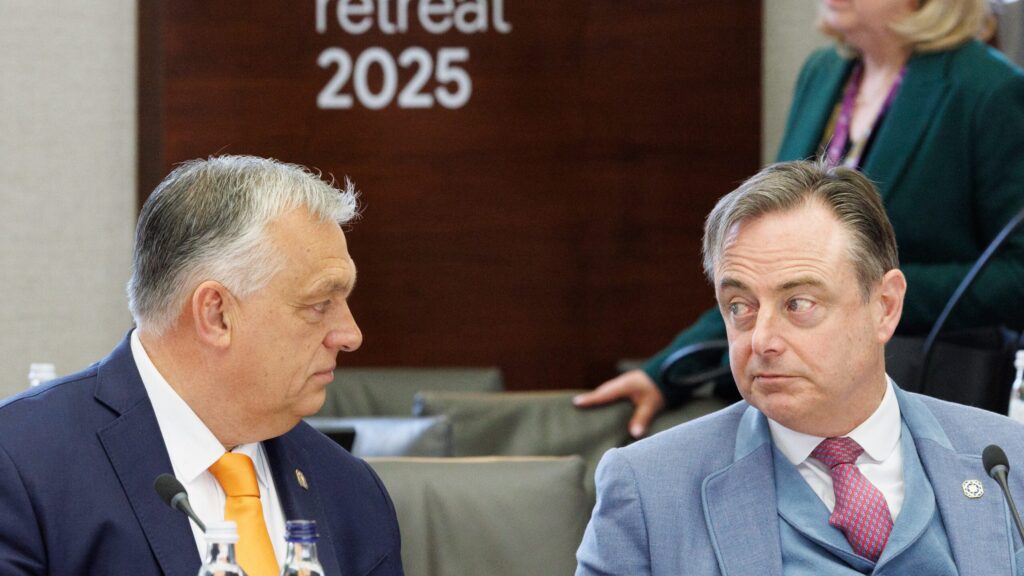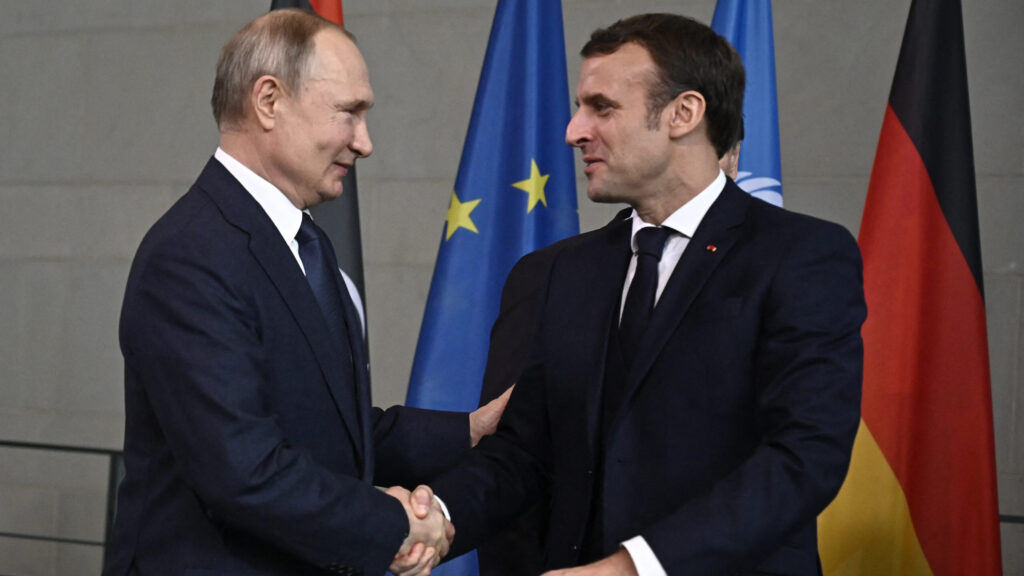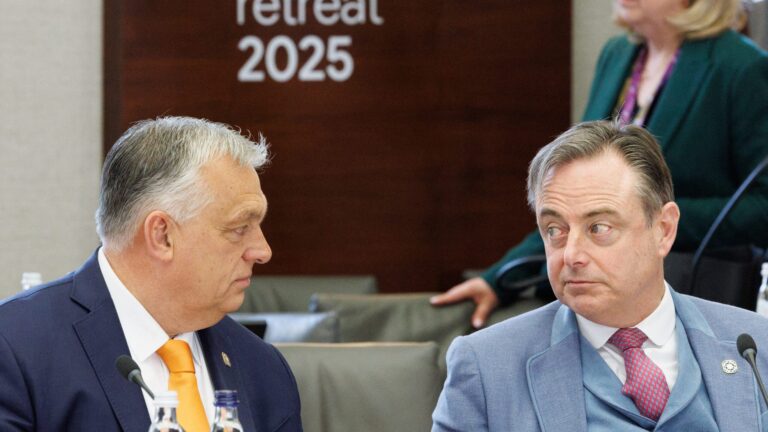On Wednesday, 20 December, the US State Department put out a public statement, officially condemning Hungary’s newly adopted Sovereign Defence Act, which, among other things, establishes the so-called Sovereign Protection Office (according to the Department of State, Sovereign Defense Authority).
According to the State Department’s press release, the new authority ‘could be used to subject Hungarian citizens, businesses, and organizations to intrusive investigations with no judicial oversight, even if they have had no contact with or support from a foreign government or foreign entity’; they also describe the new authority as ‘draconian tools that can be used to intimidate and punish those with views not shared by the ruling party’. Therefore, they believe that ‘this new law is inconsistent with our shared values of democracy, individual liberty, and the rule of law’.
At his end of the year press conference,
Prime Minister Viktor Orbán of Hungary told the US government to ‘stop lecturing us, that’s all we ask for’.
This came in response to a question about former US President Donald Trump being removed from the ballots by the Colorado Supreme Court for the state’s Republican primary election. PM Orbán said that it is not under the purview of the Hungarian government to opine on the issue. However, while there are anti-democratic acts like these happening in the US, it is quite hypocritical that the American government is trying to ‘defend democracy’ in other parts of the world. Foreign Minister Péter Szijjártó voiced similar sentiments in a Facebook post on Wednesday.
US Ambassador to Hungary David Pressman is a frequent and fierce critic of the Orbán administration—this is hardly the first issue American foreign policy leaders feel the need to voice their disapproval.
What is the Sovereign Defence Act?
The Law on the Protection of Sovereignty was passed by the Hungarian National Assembly on 12 December. It criminalizes the use of funds donated from foreign nations in political campaigns, even if those funds were given to civil organizations or media outlets, and not the parties themselves.
This comes in the wake of the ‘99 Movement’ scandal. Budapest Mayor and one of the perspective 2022 opposition prime ministerial candidates Gergely Karácsony’s campaign was closely tied to the 99 Movement civil organization—his party, Párbeszéd Magyarország (Dialogue Hungary) and the NGO even shared an office and an office phone number.
That movement received around 600 million HUF ($1.75 million) in donations, mostly in foreign currencies, which Karácsony peculiarly claimed came from ‘microdonations’ put into drop boxes by his supporters at party events. Needless to say, this raised the suspicion of the government. At the time, it was the National Information Centre (Nemzeti Információs Központ, NIK) that conducted its investigation, and found that the Karácsony campaign was likely funded by foreign donors.
The Sovereignty Protection Office will be in charge of investigating potential violators of the new sovereignty law; as well as providing analyses and recommendations regarding the threats facing the national sovereignty of the country. They will also publish annual ‘sovereignty reports’ on the matter, the first of which will be released by 30 June of next year.
Read more:







